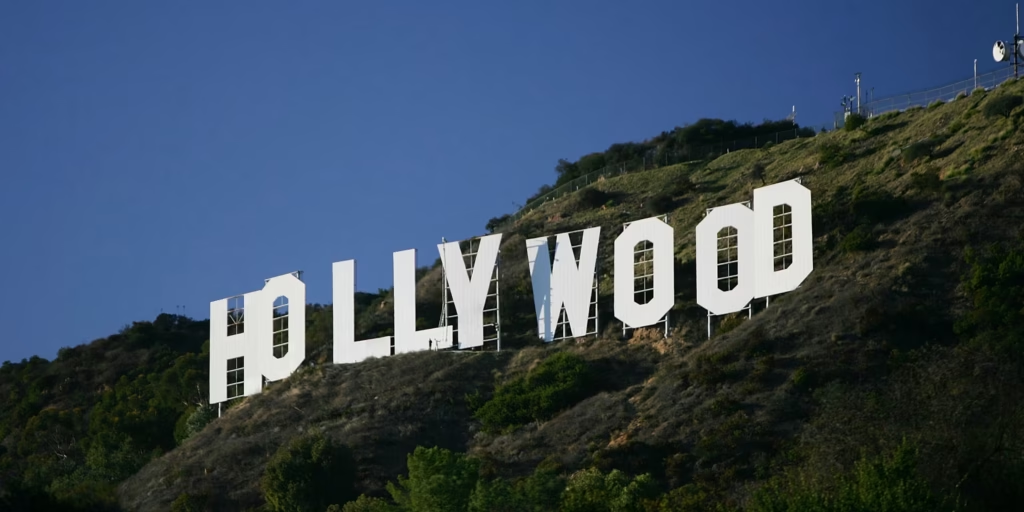Donald Trump’s latest policy pitch has put Hollywood in the cross-hairs. The former U.S. president has announced plans to impose a 100 percent tariff on all movies produced outside the United States, a move he says will ‘bring film-making back home’ and protect American jobs.
The proposal, unveiled at a rally in Los Angeles, has sent ripples through the global entertainment industry.
If implemented, it would effectively double the cost of foreign films entering the U.S. market and could upend decades of international collaboration that fuel both Hollywood and global cinema.
leaders warn that such a measure could isolate American audiences, inflate production costs, and strain relationships with key film-making partners across Europe, Asia, and Africa.
Trump’s comments, which echo his long-standing protectionist rhetoric, paint the move as an effort to ‘save American storytelling.’ Speaking to supporters, he declared:
“For too long, other countries have been stealing our stories, our actors, and our jobs. We’re going to make movies in America again.”

It’s a line that plays well with his base, but within Hollywood, the reaction has been anything but applause. The modern movie business is inherently global—films financed in Los Angeles are often shot in Canada, scored in London, and edited in New Zealand. For studios and filmmakers, Trump’s tariff could jeopardize an entire ecosystem built on international cooperation.
Streaming platforms, too, are watching closely. Netflix, Amazon Prime Video, and Disney+ depend heavily on international content—from Korean thrillers and European dramas to African documentaries. A 100 percent tariff would not only make it costlier to license foreign films but could also discourage cross-border co-productions that have become a staple of the streaming era.
Many films are produced through multi-country financing models. A movie might have an American studio, a British production company, a Canadian effects team, and post-production in Australia. Determining whether it’s ‘foreign’ could become a bureaucratic nightmare.
While the White House has since clarified that no formal decision has been made, few in the industry are taking the statement lightly. Trump’s history of using tariffs as leverage—on steel, technology, and trade—means this proposal could resurface as a campaign talking point or even a bargaining chip in future cultural or trade negotiations.
As of now, studios are quietly assessing potential damage. International distributors are delaying deals, and some production houses are already considering shifting projects back to U.S. soil just in case.
Whether the plan ever becomes law is uncertain, but Trump’s latest salvo has reignited the culture war between politics and art. For an industry built on global collaboration, the threat of a cinematic trade war feels like the most dramatic script twist yet.

